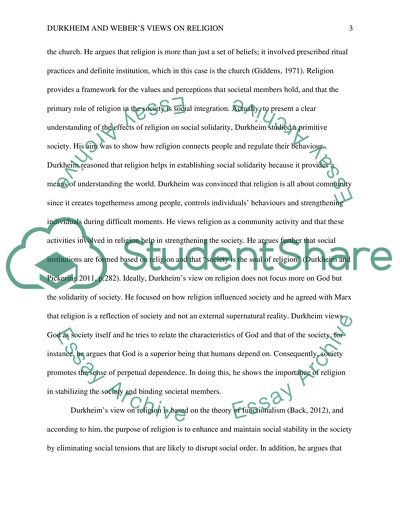Cite this document
(“Choose one of them Essay Example | Topics and Well Written Essays - 1500 words”, n.d.)
Retrieved from https://studentshare.org/sociology/1662590-choose-one-of-them
Retrieved from https://studentshare.org/sociology/1662590-choose-one-of-them
(Choose One of Them Essay Example | Topics and Well Written Essays - 1500 Words)
https://studentshare.org/sociology/1662590-choose-one-of-them.
https://studentshare.org/sociology/1662590-choose-one-of-them.
“Choose One of Them Essay Example | Topics and Well Written Essays - 1500 Words”, n.d. https://studentshare.org/sociology/1662590-choose-one-of-them.


